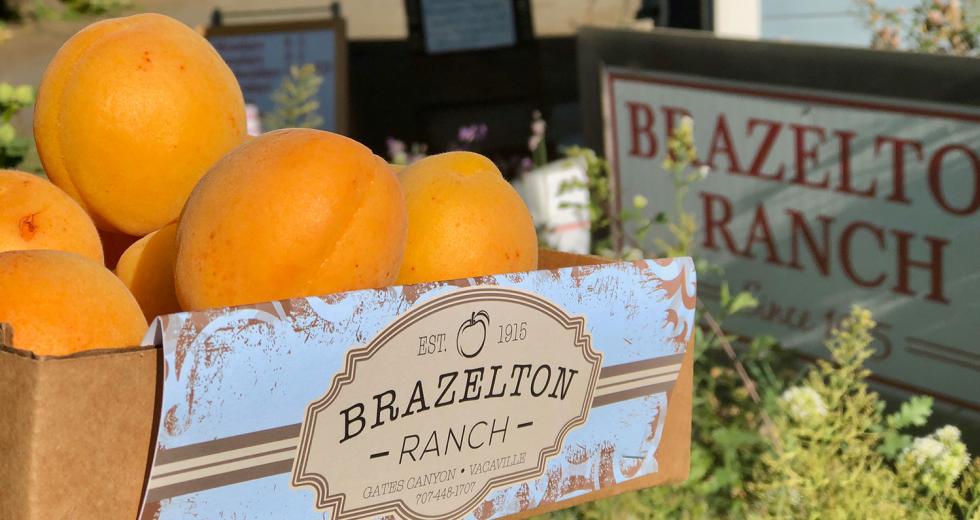Sean Favero wipes beads of sweat from his brow as he drives his tractor and attached hay baler in a field at his farm in Dixon. The machine gathers dried alfalfa, forms it into squares and catapults them into a wagon behind the baler.
“As farmers, we have a love for the land and a love for what we do,” he says. That love translates into an important financial driver locally, with international reach. Favero, who is also the Solano County Farm Bureau president, considers himself a small grower, farming about 200 acres of olives and alfalfa at Favero Farms, but he is just one of the approximately 850 farms in the county, 39 of which are registered as organic.
Solano County has more than 342,000 acres of land dedicated to agricultural production, according to Ed King, the agricultural commissioner and sealer of weights and measures.
The “Solano County 2018 Crop and Livestock Report” says 46 percent of the crop value is fruit, nuts and vegetables, 20 percent field crops, 14 percent animal production, 12 percent nursery products, and 8 percent seeds. “We’re probably the most diverse county, since our growers grow up to 75-80 different crops,” King says.
The total crop value in Solano County is about $364 million, according to the report, and the harvest is distributed nationally and internationally to 31 countries, with Japan and the Republic of Korea importing the most goods (35 percent and 27 percent, respectively).
Farms like Hines Growers in Winters produce nursery products, which has the highest value of all the commodities — $43.2 million in 2018 — although it uses a lower acreage (1,880) than the other top planted crops, like alfalfa, which uses the most (28,400), and was the No. 3 highest value crop at $31.7 million.
“There’s something very rewarding about growing something,” Favero says.



